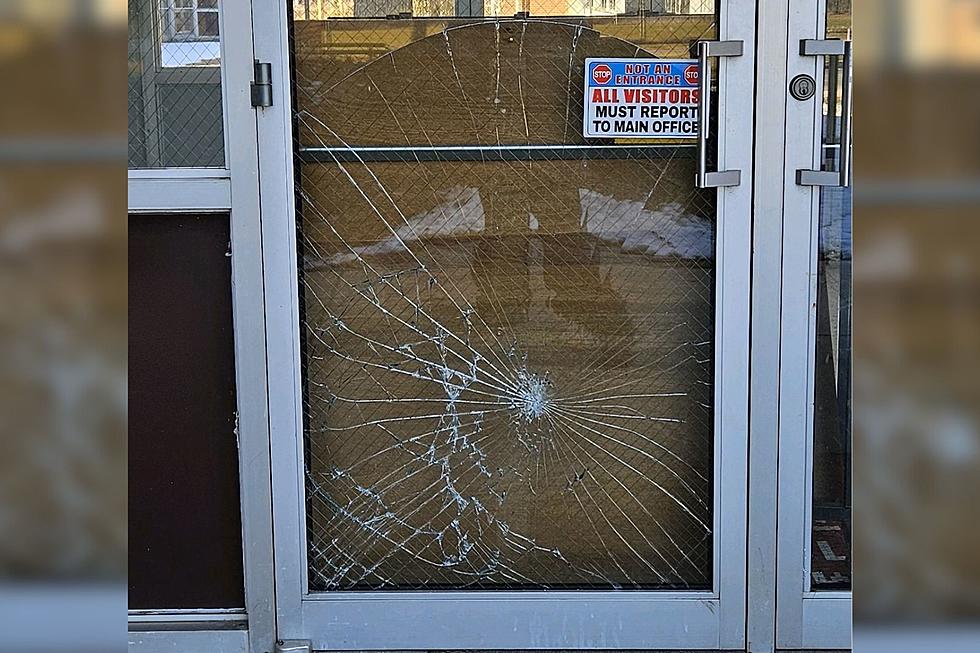
NJ to Require Schools Place Tampons in Boys Bathrooms?
Lawmakers in the New Jersey Senate have advanced a bill that would require free menstrual products to be provided in all school bathrooms for students in grades 6 through 12.
That presumably includes boys' bathrooms.
Supporters of the bill (S1221) claim it addresses so-called "period poverty." Assem. Gabriela Mosquera (D-Gloucester), the bill's main sponsor, says students from low-income families often struggle to access proper menstrual products. "No student should have to worry about affording these basic necessities," Mosquera said in a statement.
The bill advanced out of the Senate Education Committee on a 3-2 party line vote.
This bill requires school districts to ensure that students in each school educating students in grades 6 through 12, or any combination thereof, have direct access to feminine hygiene products in all of the school bathrooms free of charge. Any costs incurred by a school district in complying with the provisions of this bill will be borne by the State. For purposes of this bill, “feminine hygiene products” mean tampons and sanitary napkins. - Bill statement for S1221
Senator Mike Doherty (R-Warren) attempted to have the bill amended to require feminine hygiene products be placed only in girls' bathrooms, but Democrats on the committee rejected his proposal.

"It would be completely and utterly ridiculous to force NJ schools to make tampons and sanitary napkins available in boys' bathrooms," Doherty wrote on Twitter, "It's absolutely nuts that nobody could tell us in committee today if the proposed bill applies only to girls' bathrooms."
At the hearing, some suggested placing tampons and sanitary napkins in boys' bathrooms is asking for trouble and vandalism. The products could be sued to harass female students or used to clog toilets.
Sen. Shirley Turner (D-Mercer) voted to release the bill from committee, but said she would not support it in the full senate unless language was changed to require menstrual products only in girls' bathrooms.
While the bill also requires the state to pay the cost of providing menstrual products, there has been no estimate of what that cost might be.
NJ beach tags guide for summer 2022
School aid for all New Jersey districts for 2022-23
More From WPG Talk Radio 95.5 FM










